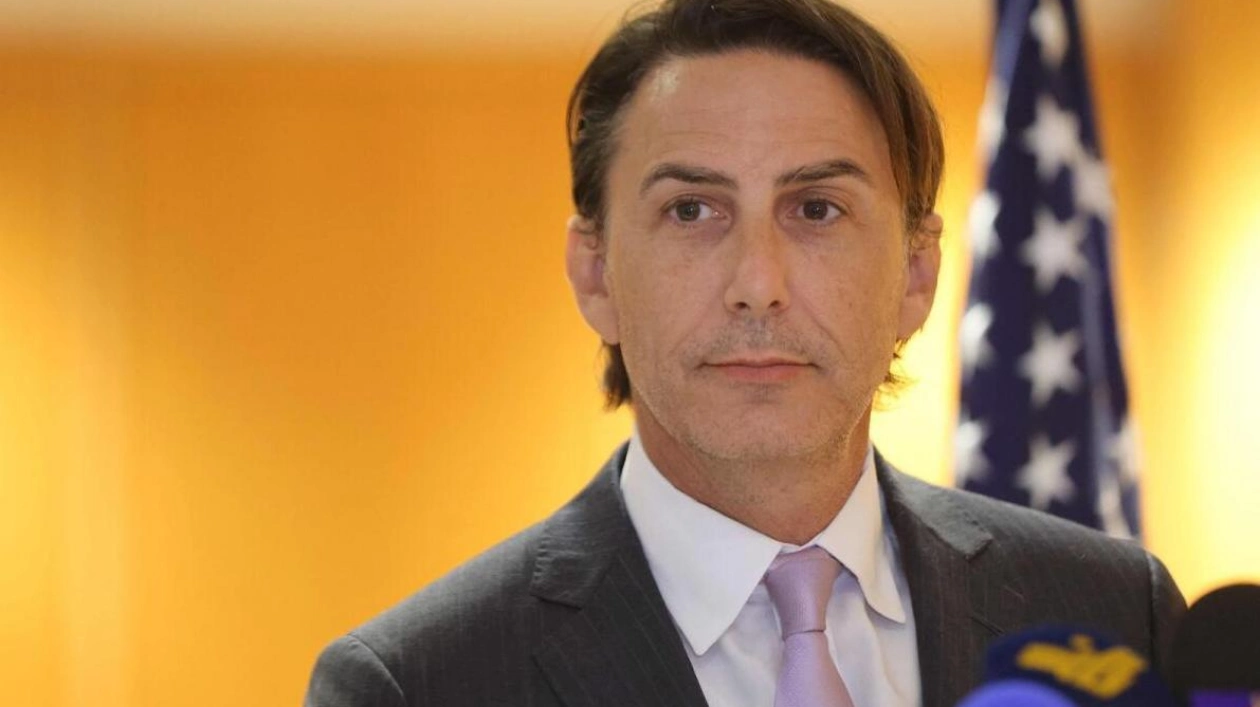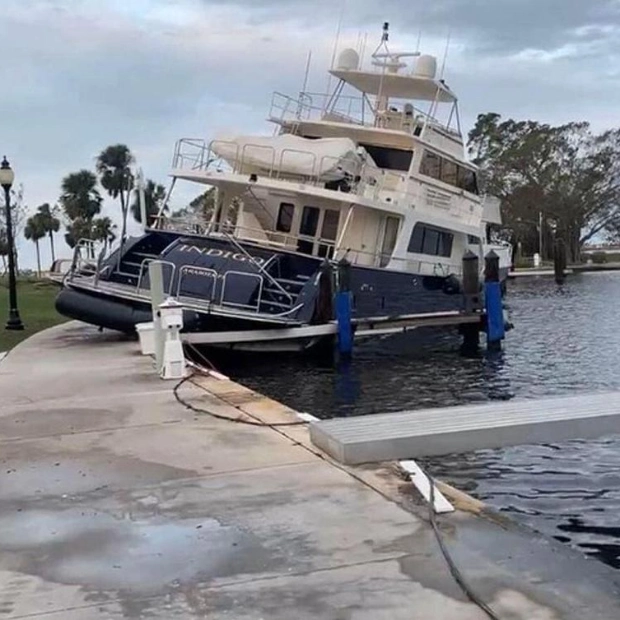A US envoy visited Israel to advocate for de-escalation with Lebanon, following an Israeli official's statement that Hezbollah had launched over 5,000 projectiles across the border since the beginning of the conflict in Gaza. The exchange of cross-border fire between Israel and Hezbollah has been frequent since Hamas' attack on October 7. US Presidential Special Envoy Amos Hochstein held discussions with Israeli Prime Minister Benjamin Netanyahu and his team in Jerusalem, shortly after Secretary of State Antony Blinken emphasized during his Middle East trip that a ceasefire in Gaza would be the optimal solution to mitigate the violence between Hezbollah and Israel. Israeli government spokesman David Mencer confirmed at a press conference that Hochstein met with Prime Minister Netanyahu. Mencer also noted that Hezbollah has fired over 5,000 rockets, anti-tank missiles, and explosive UAVs into Israeli territory since the hostilities began. He emphasized that Israel is defending against Hezbollah's aggression and that there is no territorial dispute with Lebanon. Hochstein also met with Israeli President Isaac Herzog, discussing the continuous attacks and rocket fire from Hezbollah, influenced by Iran, targeting Israel's northern towns and cities, as per the presidential office's statement. Hezbollah claims to have executed over 2,100 military operations against Israel since October 8, the day after Hamas' attack, according to a recent statement from the group. The escalation intensified after Hezbollah's leading commander, Taleb Abdallah, was killed in an Israeli strike in Jouaiyya. The Israeli army identified him as one of Hezbollah's top commanders in southern Lebanon, leading to retaliatory strikes by Hezbollah on several Israeli army bases. Israeli military spokesman Rear Admiral Daniel Hagari cautioned that Hezbollah's growing aggression could lead to a broader escalation with severe consequences for Lebanon and the region. The United Nations has voiced concerns over the recent escalation on the Israel-Lebanon border, warning of the risks of miscalculation leading to a wider conflict.

Text: Lara Palmer
17.06.2024
Hezbollah's Cross-Border Attacks and US Diplomatic Efforts Amidst Gaza Conflict





